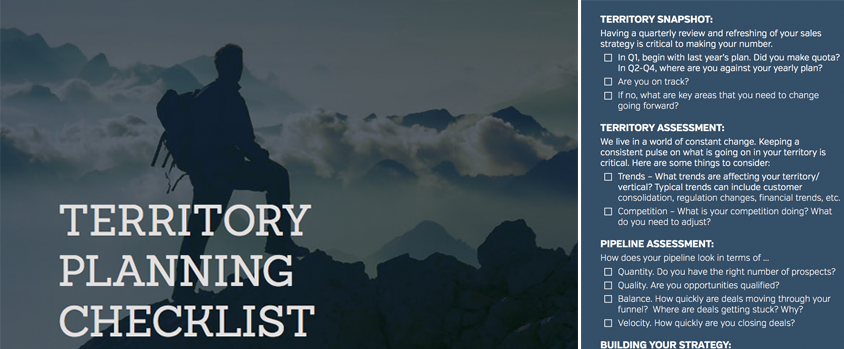Most of our clients have a broad product family, a fast rate of new product launch, and limited training time for their sales force. While there are various excellent ways to compress knowledge-transfer and accelerate actionable learning, it is impossible to teach everyone everything relating to a new/updated product – before some of the content becomes obsolete. So, what is the best strategy for deploying knowledge for new products? We will answer this question by looking at two main points:
1- “Who needs to be able to do what when?”
By focusing on sales activities, it is possible to scope the actual actions required by different roles in the product launch carefully. The ideal way to answer this is by mapping out the key roles and their efforts across the steps in the sales process for the product. Given that everyone may not need to perform the critical selling activities (prospecting, qualifying, gaining executive sponsorship, assessing need, demoing, proposing, etc.), and certainly not at the same time, it is possible to scope the audience and training content tightly. (By the way – if no one can create the map mentioned above, and provide clear guidance to the sales team regarding the product’s sales process, then lack of training won’t be the reason for underperforming results!)
2- “What must the salesperson know to perform their required activities?”
We see a lot of product training focused on new features, competitive differentiators, and the like – with little attention paid to discovery questions, executive value propositions, or prospecting scripts. These critical training factors are often overlooked either because their importance is underestimated; or because of content ownership issues (is it the responsibility of product marketing, field marketing, sales enablement, training, or the reps themselves?). We can give many examples of significant new product successes due to the sales reps’ ability to do effective initial discovery and qualification (e.g., ask a few critical questions of the right buyers), yet many new product training programs omit such content. It is deemed unrelated to the actual product feature set – although customers rarely make buying decisions based on the presence of specific features. Therefore, new product training should be based more on how the product will be sold than on the product itself. Knowing the required outcomes for each step in the sales process, and the sales behaviors needed to achieve those outcomes will enable the sales enablement team to develop a narrowly focused and high impact training program.






